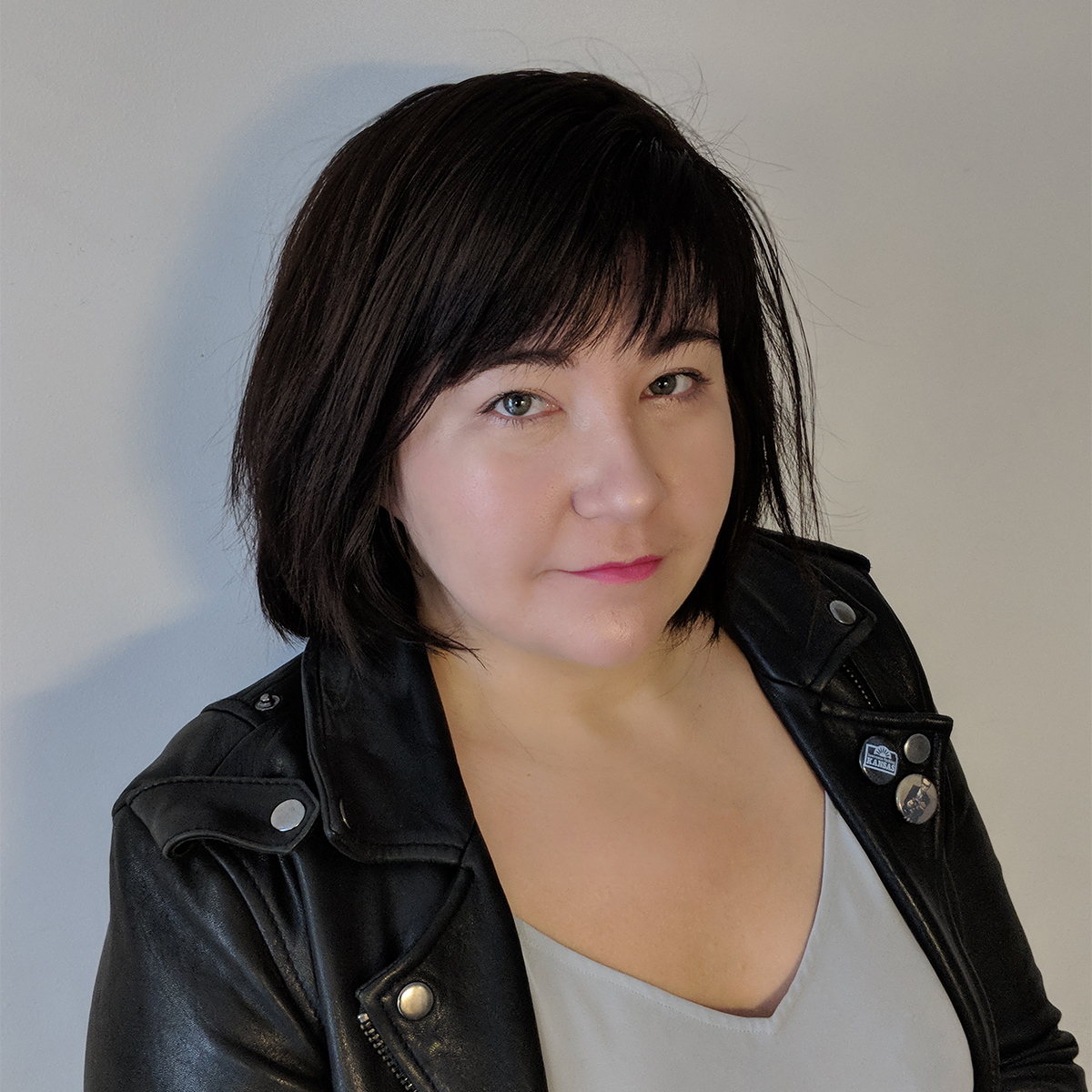
Easy Beauty
The project:
Chloé Cooper Jones braids memory, observation, and the history of philosophical aesthetics to consider her life as a woman with a visible congenital disability; after unexpectedly becoming a mother in violation of unspoken social taboos about the disabled body, she sets off alone on a journey across the globe to reclaim the spaces she’d been denied, and denied herself.
From Easy Beauty:
I never much cared for the Greek concept of beauty, nor did I agree that it was a virtue on par with truth or justice. I’d always preferred Hume’s notion that beauty was not a set of external properties, but rather that it existed in the contemplative mind. “Each mind perceives a different beauty. One may even perceive deformity where another is sensible to beauty.” Hume argues that some people are better judges of beauty than others. He calls them the ideal critics. And this is a better theory for me, a woman with a body that could never be mistaken for symmetrical or orderly.
In contemporary aesthetic scholarship, the Greek objective evaluations of beauty are often regarded as wrong, outdated, or—worse—uncool. I wondered if I’d rejected the possibility of divine, objective beauty simply because I was excluded from it. Being excluded from a theory didn’t make it incorrect.
A few months after the homecoming dance, Jim had tried to kiss me. He said, “I was wrong before. Something has changed. And I like you.”
Before, Jim had spoken to me as if beauty were an unalterable fact, but now suddenly my beauty was discernible, visible if only in the right light.
“What changed?” I asked him.
“You grew on me, you made me laugh enough times that I started to want to be around you more, you are smarter than my last girl.”
I remember the pang of pride I had when Jim said this. I remember how it motivated me, like a dog wanting to please its owner, to prove my worth to him over and again.
Jim’s perceptual shift, not what he said in the library, is the worst part of this story. It embedded a damaging idea in me, one I’d recognize deeply when I read Elaine Scarry years later: beauty was a matter of particulars aligning correctly. My body put me in a bracketed, under-credited sense of beauty. But if I could get the particulars to line up just right, I could be re-seen, discovered. In order to be accepted as a whole person deserving of the whole range of human desires, I had to be extraordinary in all other aspects. My worth as a woman wasn’t apparent otherwise.
Philosophically, Hume and Scarry provide richer views of beauty than the Greek conception of mathematical perfection. But accepting the argument that beauty was malleable came, for me, with a cost. The Platonian view rejected me cleanly, but Hume and Scarry left a door ajar, and I’ve spent a lifetime trying to contort my form to see if I could pass through it.
The grant jury: In this ambitious and elegant book about seeing and being seen, Chloé Cooper Jones invokes thorny, theoretical material about identity, the social order, and how we measure human value, but her clarity and compassion invite all readers in. She has created a forceful and fresh point of view from which to anatomize power, access, and perception in her precise, unsparing prose. A necessary, relentlessly honest book that feels both of the moment and timeless.
Chloé Cooper Jones is a philosophy professor and freelance journalist who was a finalist for a 2020 Pulitzer Prize in Feature Writing. Her work has appeared in publications including GQ, The Verge, VICE, Bookforum, New York Magazine, and The Believer. She lives in Brooklyn, New York.